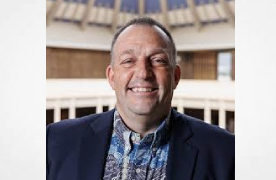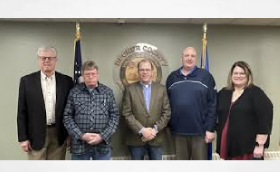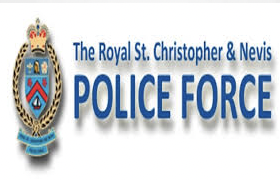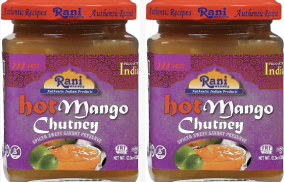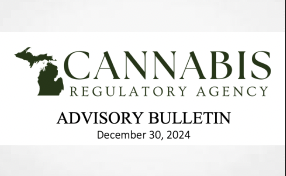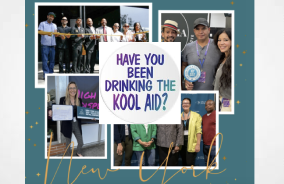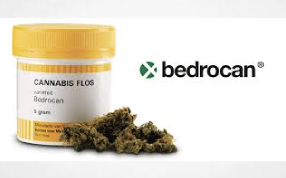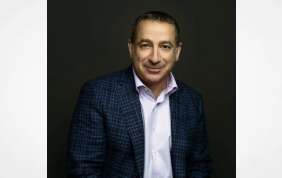The Bahamas Tribune 242.com reports..
Speaking with Tribune Business yesterday, Mr Miller said: “The market is far bigger than the jokey $5m they mentioned. That’s probably the Bahamian market, but when you look at the six million people coming through The Bahamas [as tourists], the economic benefit is potentially in the tens of millions of dollars.”
His comments came after the UK government this week approved marijuana for medical use, allowing specialist doctors to legally prescribe it starting later this year.
Mr Miller pointed to this as another sign that the world is shifting its stance on marijuana and its usage, and he urged The Bahamas not to be left behind.
“We haven’t really been a leader in anything other than tourism,” he argued. “The rest of the world has seen this coming a long time ago. Smoking is just a small part of this whole industry. There are over 2,000 applications of cannabis; we’re talking things like construction materials and body products just to name a few.
“Right now we are importing all sorts of marijuana products, such as hemp seed and hemp oil. This industry still has the potential to generate tens of millions of dollars for the Bahamian people. We need to get on with it.”
Mr Miller added that legal pathways already exist for medicinal and scientific use in The Bahamas. Dr Duane Sands, who has responsibility for dangerous drugs and poisons, confirmed to The Tribune earlier this month that the Dangerous Drugs Act provides an opportunity to request imports for a specific purpose. However, he noted access was not so clear cut.
The Minister of Health said: “People can (apply). Dentists can use cocaine for certain indications; they don’t use it as much as they used to, but they can. Opiates, other mind-altering drugs, are all available, but in terms of mass availability it’s not generally available like that so any available doctor can prescribe it. It’s not something any doctor can up and prescribe – I mean they could but it would generate a flag.
“The Dangerous Drugs Act allows physicians to prescribe a number of mind-altering substances,” Dr Sands continued. “That does not mean other drugs are generally available in The Bahamas. There has been no policy change to make it readily and easily available. That doesn’t mean there is not a tremendous amount of interest or speculation. But as I’ve said repeatedly, we’re going to be guided by the regional experts’ review and analysis.”
The Regional Commission, analysing the social, economic, health and legal issues surrounding marijuana use in the region, put forward the view that, in a regulated framework, it should be treated similarly to tobacco and alcohol.
Source: http://www.tribune242.com/news/2018/jul/27/bahamas-must-get-on-board-following-uks-marijuana/

